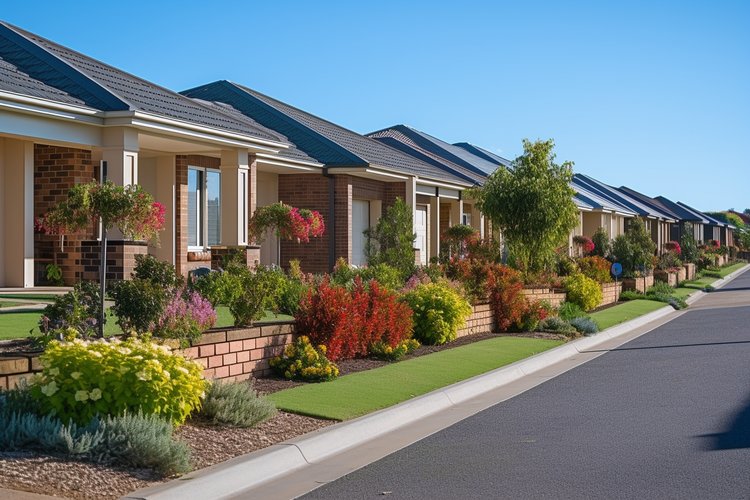Decoding the Impact of Urbanization on Real Estate Markets
Introduction: Urbanization is a phenomenon that has been reshaping our societies for centuries, and its effects on the real estate market are profound. This article delves into the intricacies of urbanization, its historical context, and its influence on today's property market.

A Historical Overview of Urbanization and Real Estate
Urbanization, the process of becoming more like a city, has been an integral part of human civilization. The Industrial Revolution in the 18th and 19th century led to a massive wave of urbanization, with people migrating from rural areas to cities in search of work. This pattern of migration has continued, albeit at a slower pace, into the 21st century. The effect on real estate has been significant, as the demand for housing, commercial property, and infrastructure in urban areas has surged.
Urbanization and its Influence on Current Market Trends
Today, rapid urbanization is one of the most significant factors shaping real estate markets worldwide. City centers are becoming denser, and property values are rising as demand outstrips supply. This trend is particularly noticeable in emerging economies, where rapid economic growth is fueling urban expansion.
The Pros and Cons of Urbanization in Real Estate
Urbanization can be a double-edged sword for the real estate market. On the one hand, it creates demand for new property developments, driving up prices and potentially offering lucrative returns for investors. However, rapid urban growth can also lead to problems such as congestion, pollution, and social inequality. These issues can negatively impact the quality of life in urban areas, which could eventually affect property values.
Urbanization’s Effect on Buyers, Sellers, and Investors
The influence of urbanization on real estate is felt by all market participants. For buyers, it often means higher property prices and increased competition for desirable locations. For sellers, it can mean a larger pool of potential buyers and the opportunity to command higher prices. For investors, urbanization can offer both opportunities and challenges. The potential for high returns is tempered by the risk of property market bubbles and the social and environmental issues associated with rapid urban growth.
Looking Ahead: Urbanization and the Future of Real Estate
The trend of urbanization is expected to continue in the coming decades, with the United Nations predicting that 68% of the world’s population will live in urban areas by 2050. This will undoubtedly have significant implications for the real estate market. As cities continue to grow and evolve, the real estate industry will need to adapt to meet changing demands and navigate new challenges.
In conclusion, urbanization is a powerful force that is reshaping real estate markets around the world. Understanding its effects is crucial for anyone involved in the property market, from first-time buyers to seasoned investors. As we look to the future, the role of urbanization in shaping our cities and our real estate markets will only become more significant.




